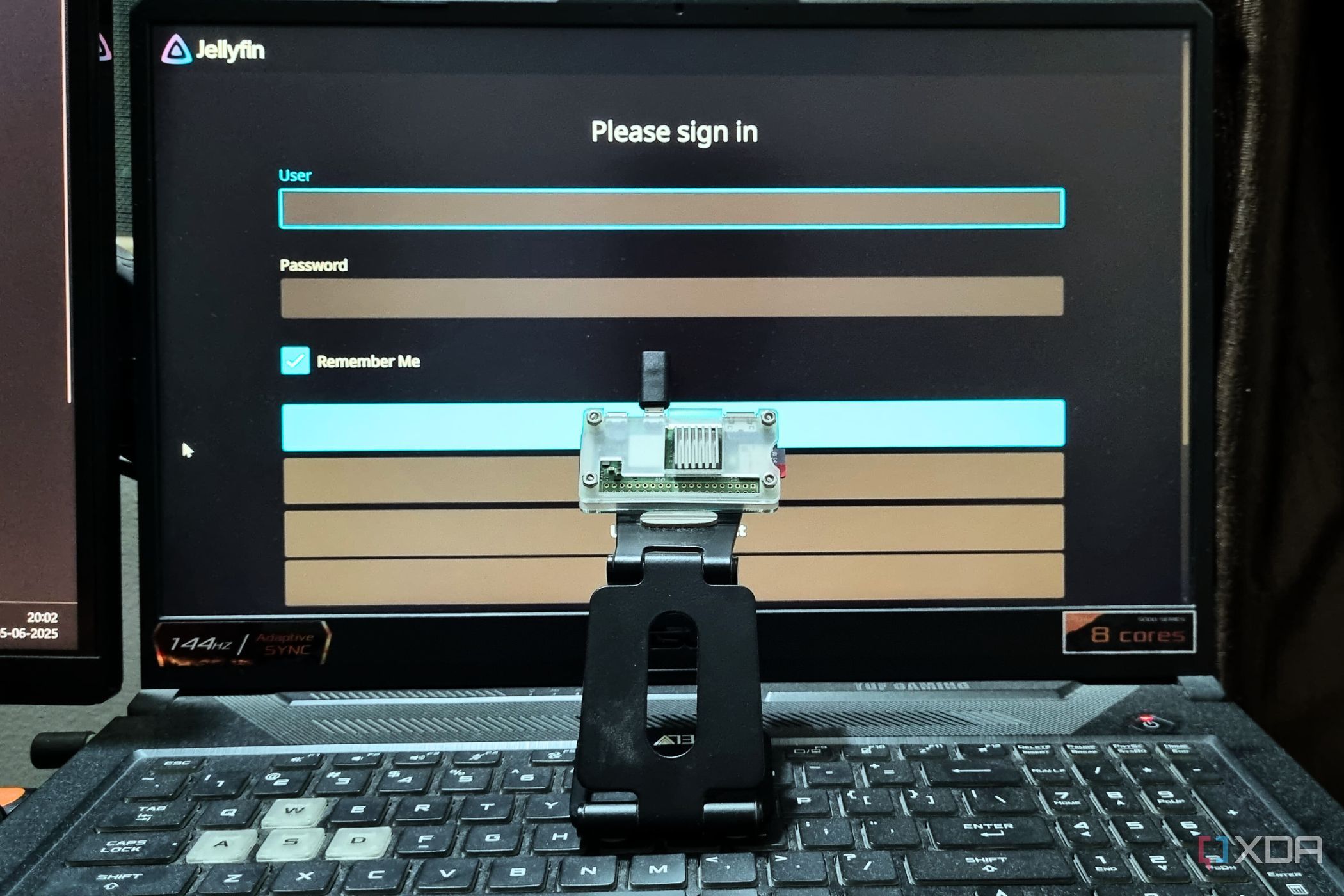In an era where self-hosting applications promises control and independence from large tech companies, many users find themselves grappling with unexpected challenges. A recent exploration of four self-hosted services revealed that the allure of autonomy can often lead to frustration, as these platforms demand significant technical expertise and ongoing maintenance.
Challenges of Self-Hosting
The dream of running personal servers and applications is enticing. It embodies the idea of cutting ties with commercial cloud services, eliminating subscriptions, and avoiding the often opaque terms and conditions imposed by third-party providers. However, the reality of self-hosting can be a stark contrast to the ideal. Users quickly learn that they must take on the roles of IT support and maintenance, a daunting task that can overshadow the initial excitement.
For instance, while self-hosting a password manager like Bitwarden may seem like a secure choice, it often leads to unintended headaches. Users must constantly ensure that their vaults are updated and secure. Frequent updates can create potential security vulnerabilities, and when syncing issues arise with browser extensions, valuable time is spent troubleshooting instead of enjoying the convenience of the service. Frustrations with syncing failures eventually pushed many back to the cloud-hosted version of Bitwarden, which offers a more seamless experience.
Performance Issues with Popular Services
Another popular self-hosted solution, Nextcloud, presents its own set of challenges. Marketed as an all-in-one productivity tool, it promises features like file syncing, document editing, and calendar management. However, users report spending more time resolving sync conflicts than actually utilizing the service. Performance lags and extended downtimes during system upgrades can hinder productivity, leading some to abandon Nextcloud for more reliable cloud-based alternatives or built-in applications on devices like Synology NAS.
The media server Jellyfin is also a service that many users hoped would meet their needs. While it offers a free and open-source platform for streaming media, its performance has been less than satisfactory for some. Users seeking to share diverse media collections often find issues with metadata scraping and transcoding, as well as challenges with remote access. The simplicity and reliability of competing services, like Plex, make it difficult for Jellyfin to justify the extra effort required for setup and maintenance.
Finally, self-hosting an email service proves to be a significant hurdle. Users often encounter technical complexities involving DMARC, SPF, and DKIM, which can quickly escalate beyond their expertise. Even if users successfully navigate these initial challenges, they face ongoing issues with spam filters and email deliverability. With many large providers, such as Google and Microsoft, actively blocking emails from self-hosted servers due to misconfigurations, the reliability of email communication becomes a critical concern.
For many, the urgency of reliable email access and password management leads them back to established providers like Google Workspace.
Self-hosting offers an exciting opportunity for individuals to gain control over their digital environments. However, the practicalities of maintaining such systems can often outweigh the benefits. While there is value in experimenting with self-hosted services for personal growth and understanding, the demand for reliability in essential services may warrant a return to trusted cloud-based solutions.








































































